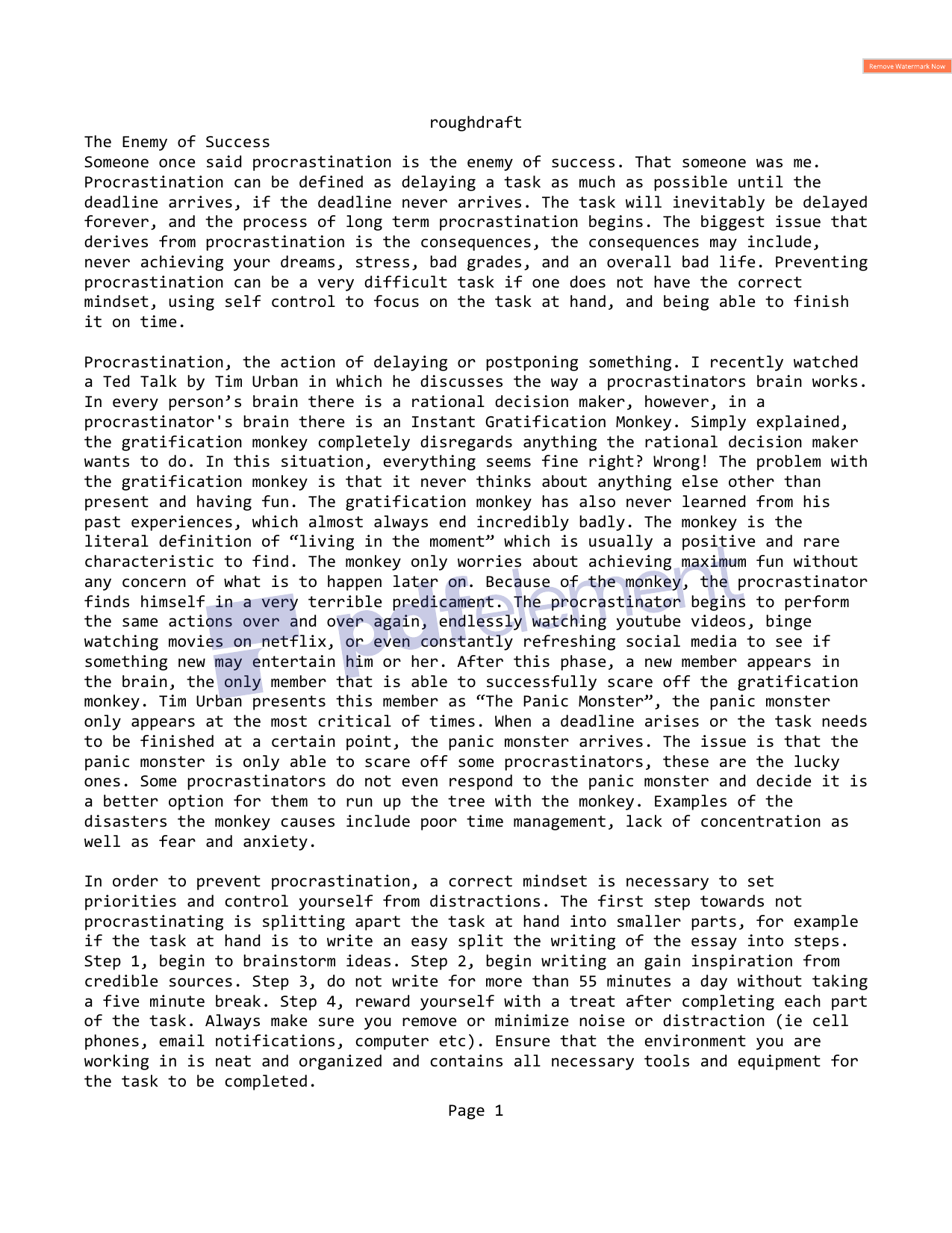In the modern age, many individuals struggle with mental and emotional challenges that affect their daily lives. Among these, procrastination, emotional dependency, and proclastinação impostor syndrome stand out as common issues. What can you do to break free from these patterns?
In this guide, we will explore the root causes and strategies to address these three challenges. By understanding their impact and learning how to tackle them, you can build a healthier mindset and achieve your goals.
What is Procrastination?
Procrastination refers to postponing important activities even when you are aware of the consequences. It often stems from fear of failure, lack of motivation, or poor time management.

When procrastination takes over, can be far-reaching. To combat procrastination requires developing better habits and creating actionable plans. Consider techniques like the Pomodoro Technique or setting realistic deadlines to stay on track.
The Nature of Emotional Dependency
Emotional dependency is a state where a person depends excessively on external relationships to fulfill their emotional needs. While human connection is essential, emotional dependency can become unhealthy when self-esteem is tied solely to others’ approval.

Common signs of emotional dependency include a fear of rejection, difficulty making decisions independently, and an overwhelming need for reassurance. Breaking free from this pattern, it’s crucial to build self-confidence and cultivate self-reliance. Therapy, mindfulness practices, and journaling can be helpful tools.
What is Impostor Syndrome?
Impostor syndrome refers to a psychological phenomenon where someone feels like a fraud despite evident success. People with impostor syndrome tend to undermine their abilities rather than recognizing their talent and hard work.

Impostor syndrome often results in anxiety, self-doubt, and a fear of being “exposed”. Addressing this issue involves reframing negative thoughts and celebrating accomplishments. Engaging in supportive discussions and setting realistic expectations can support personal growth.
How to Address These Challenges?
Here are some practical steps:
- Develop structured daily plans and set achievable goals.
- Recognize triggers that contribute to your emotional reliance and work towards independence.
- Practice gratitude to counter impostor syndrome and consider therapy or coaching.
Consistency is key, so stay committed to these approaches to see positive changes.
Moving Forward from Mental Barriers
Procrastination, emotional dependency, and impostor syndrome may seem daunting, but you can overcome them by taking deliberate action. By understanding their roots and applying effective techniques, you pave the way for a healthier, more fulfilling life.
Start today by acknowledging where you stand and adopting simple, actionable strategies. Remember: progress is a journey, not a destination.